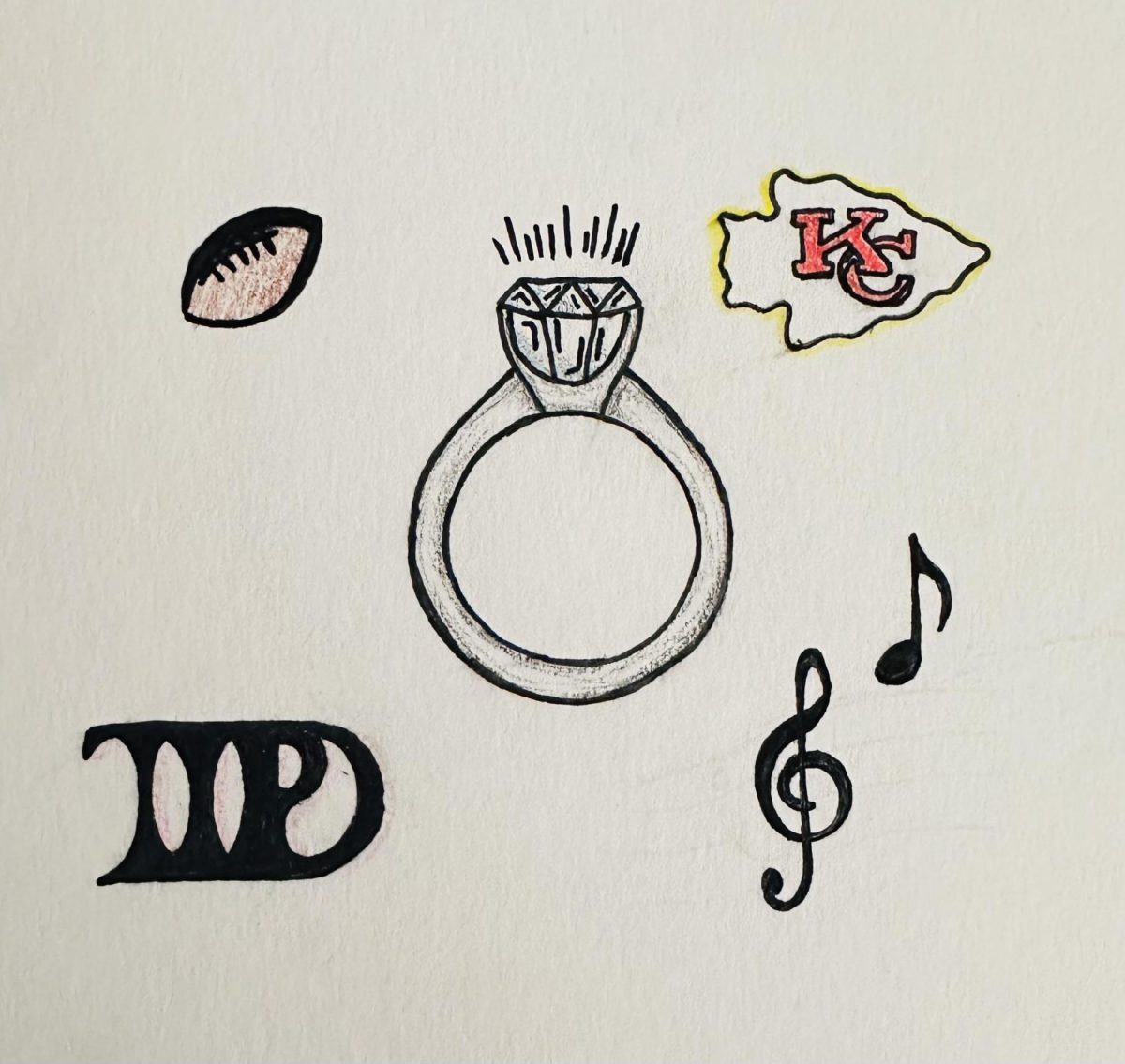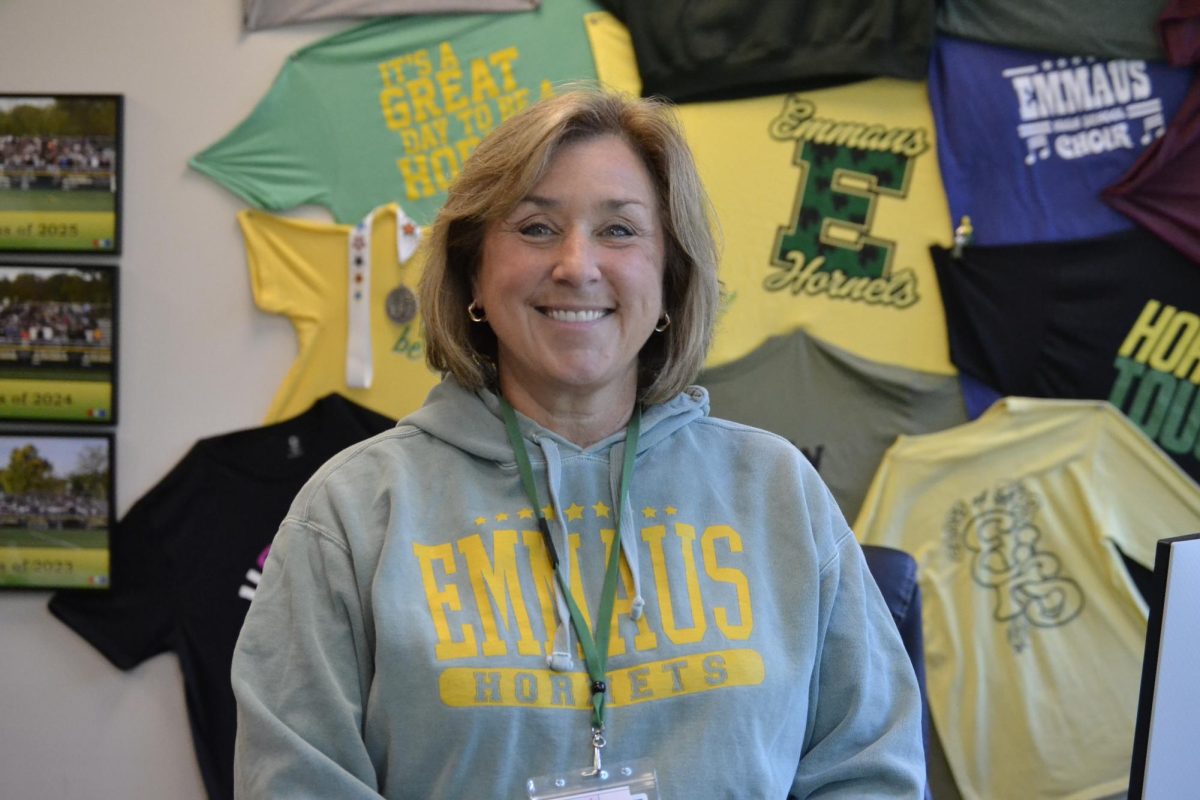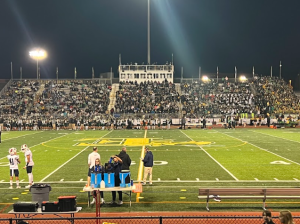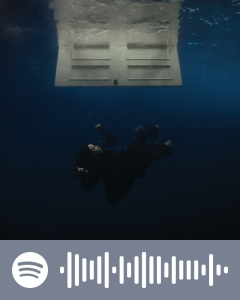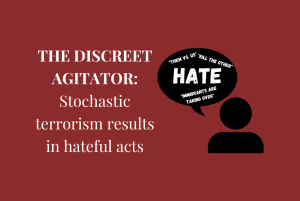If you use social media, this is a Supreme Court case you should care about
Jun 19, 2021
Within a month, the Supreme Court will release their ruling on one of the most important free speech cases in the last few decades.
However, this case isn’t just about free speech — it will single-handedly determine if schools can punish students for what they say off campus, specifically on social media.
Despite Supreme Court correspondent Ian Millhiser from Vox downplaying the impact of the case since the judges seem to be reaching a narrower conclusion, it is not to say that this case will not hold merit in future student free speech situations. It could completely redefine the ruling of Tinker v. Des Moines, the landmark 1969 Supreme Court case that initially granted students First Amendment rights while in school.
The circumstances behind Mahanoy Area School District v. B.L. began when Brandi Levy, a student from Mahanoy Area High School, posted an angry Snapchat rant towards the end of the 2016-2017 school year. She repeatedly used the f-word to describe her fury over not making the school’s varsity cheerleading team. Once her message was screenshotted by another student and shared around the school, Levy learned that she was suspended from the varsity cheerleading team the following season.
School officials cited that Levy had signed an agreement with the school district that barred her from using profane language on social media, whether or not her post was made on or off of school grounds.
Her parents filed a suit against the school district, and it quickly passed through Pennsylvania’s lower courts. Each ruling sided with Levy. The school district clearly deemed the rulings unjustified, as they pushed the case until it reached the Supreme Court earlier this year.
Just to be clear, the Mahanoy Area School District is not, by any means, a wealthy district. Before describing the ethics of the case, it is important to note this fact. The district, whose budget was $17,569,465 in the 2016-2017 school year, is willing to sacrifice hundreds of thousands of dollars to strip First Amendment rights away from students all over the country. This is money that they could use to fund enrichment programs for their school, and it is instead spent on fighting this case in court. According to attorney James Bopp, who routinely argues high-profile cases, suits that reach the Supreme Court often have at least $250,000 poured into them. Then, costs can easily range into the millions.
What makes this case so impactful is not its seemingly petty justice for Levy’s suspension from the cheerleading team, but rather it has an unprecedented factor — social media. Tinker protected student free speech as long as it didn’t disrupt school operations. The 1986 Supreme Court case Bethel v. Fraser made an exception to this ruling, as it prohibited students from using lewd language that interfered with the “fundamental values of public school education.” Both of these cases dealt with a situation on school grounds. In fact, every student free speech case that has reached the Supreme Court has taken place on school grounds. Mahanoy City v. B.L. is the first exception.
For free speech to be guaranteed for students, on and off campus, is incredibly important. Although Levy’s Snapchat post holds no meaningful value other than to voice her frustrations, imagine if it had a different underlying meaning. Imagine if the school had violated her in some way, and this was the first exposure anyone had to the situation. To essentially dismiss her comments as ‘disruptive’ to the operations of the school provides a dangerous ability to school officials. If a student voices concern over a school’s faculty or administration actions, for example, through social media, an adverse ruling in Mahanoy City could grant officials the opportunity to silence them completely before a fair investigation could occur.
As student journalists, social media is an integral aspect of our work. It is our window to the world, the perfect space to promote our work. As editors of The Stinger, we are incredibly lucky to have the privilege to release our content. Despite Hazelwood v. Kuhlmeier granting school principals the ability to have supreme oversight of the content that is published in a school-sponsored paper, we are undeniably lucky to have this forum to express our frustrations, findings, and most importantly, our opinions.
When we promote our content on social media, it guarantees our readership to these important topics. Fear of upsetting administrators or faculty for content that is factually based should never happen. When you lose your ability to voice your opinion, you lose the ability to stand up for yourself and others.
Simply put, if you use social media, in any capacity, this is a Supreme Court case you should care about. If you have ever voiced an opinion about your school through any social media platform, you should worry about your future ability to do so. Free speech is important — no questions asked. And this freedom should be expanded to social media.
Below is a map showing the short distance from Mahanoy Area School District to the city of Emmaus. Mahanoy Area School District is merely 38 miles from Emmaus High School.




